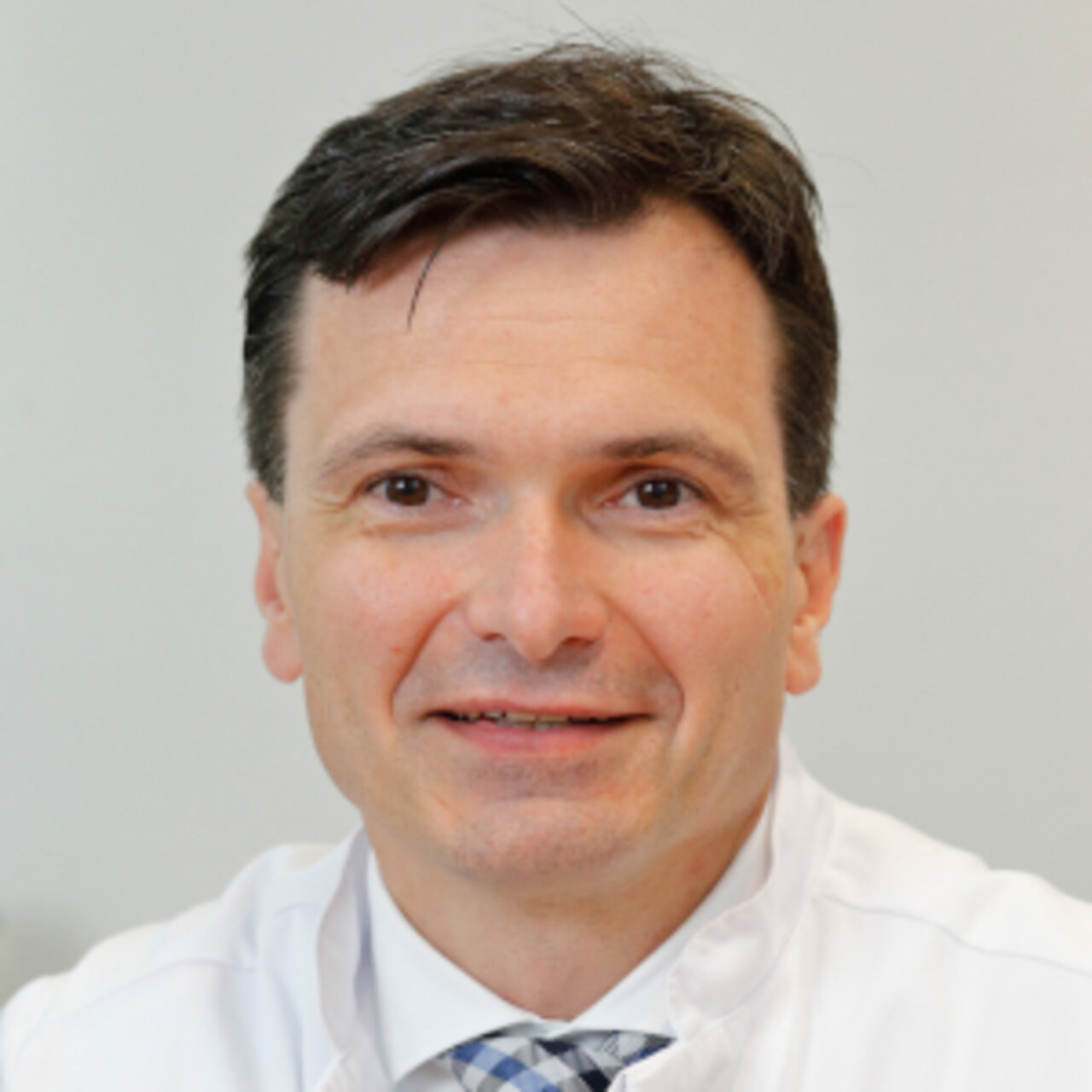Specialists in Pacemaker Surgery
5 Specialists found
Information About the Field of Pacemaker Surgery
What Is a Pacemaker?
A pacemaker is a flat device measuring approximately 3-5 cm, implanted in patients with certain cardiac arrhythmias during a short surgery. A pacemaker's function is to measure the heart rhythm and provide electrical impulses if the patient's heart rhythm does not function sufficiently well.
When Is Pacemaker Implantation Necessary?
Our heart works by electrical impulses. At a certain point in the heart, the so-called sinus node, an electrical impulse is generated, which is transmitted throughout the heart in a specific pattern. This leads to the heart muscles' contraction and, thus, to the expulsion of blood into the aorta. To ensure that the amount of blood entering the right ventricle is equal to the amount ejected from the left ventricle, the two halves of the heart must be precisely synchronized.
Many diseases lead to disturbances in this process of the heart. In the worst case, with the result that the heart is no longer able to transport enough blood and, consequently, oxygen and nutrients to the organs, which ultimately leads to death.
Some of the diseases can be treated with medication. However, if this is not sufficient or if the risk of a spontaneously occurring cardiac arrhythmia that can lead to death is too significant, placing a pacemaker becomes necessary.
The Procedure of a Pacemaker Surgery
After sufficient diagnostics, an appointment for implanting the pacemaker will be made with your cardiologist or internist. Whether certain medications have to be discontinued before the surgery will be reviewed with the patient by the treating cardiologist. These are, in particular blood-thinning medications.
In contrast to surgery on the coronary arteries (bypass surgery), pacemaker implantation does not require open-heart surgery. This treatment is one of the minor heart surgeries.
Most pacemaker surgeries today are carried out under local anesthesia. The patient may be given a drug that makes him or her a little sleepy. After the effectiveness of the sleep-inducing drugs has been tested, the pacemaker surgery is started by locally anesthetizing the skin area below the collarbone. Then the doctor makes a small incision (between 4-7 cm) where the vein leading to the heart is found, and the pacemaker electrodes (1 or 2 thin leads) are forwarded through the vein to the heart.
According to the programming, the other end of the electrodes is connected to the pacemaker and placed under the patient's skin. Finally, the wound is sutured, and the pacemaker is checked for proper function. Usually, patients can leave the hospital as early as 24 hours after pacemaker implantation.
Risk and Complications of Pacemaker Surgery
Since the implantation of a pacemaker is a surgery, there is always the possibility of complications. These include dislocation of the electrodes, bleeding, blood clots, pericardial tamponade (caused by bleeding into the area between the heart muscle and its surrounding protective skin), and electrical co-stimulation diaphragm muscles, and many others. All risks are explained separately before the pacemaker surgery. Device errors regarding measurement and programming errors are usually detected relatively early after the pacemaker surgery.
Regular follow-up examinations, carried out by an authorized cardiologist or internist, are essential for optimal handling and best possible results of the pacemaker surgery. During these follow-ups, if necessary, a more precise adjustment is possible by reprogramming the pacemaker. The battery condition is also checked. These follow-ups should be carried out every 6-12 months.
You will also receive a pacemaker identification card after the pacemaker surgery, which should always be carried along. (Please point this out, e.g., at security checks at the airport)
Life Expectancy with a Pacemaker
The implantation of the pacemaker allows a more carefree, pain-free life. After an often short period of acclimatization, most wearers forget the presence of the pacemaker. Depending on the state of health and accompanying symptoms, normal leisure activities may be possible again. The stress levels that sports can cause for the individual patient should be discussed with the doctor in charge.
Furthermore, possible interactions with other electrical devices should be clarified with the physician. Usually, small appliances are unproblematic; a certain safety distance should be maintained to powerful devices such as chain saws or induction cooking plates, where 30cm are generally sufficient.
Which Doctors and Clinics Are Specialized in Pacemaker Surgery?
Every patient who needs a pacemaker wants the best possible medical care. Therefore, the patient is wondering where to find the best clinic for pacemaker implantation.
As this question cannot be answered objectively, and a reliable doctor would never claim to be the best one, we can only rely on a doctor's experience. The more pacemaker operations have been carried out, the more experienced the doctor becomes.
Pacemaker specialists are cardiologists who have specialized in treating cardiac arrhythmias. Due to their experience and many years of work as cardiologists specializing in rhythmology and rhythm surgery, they are the right professionals to contact for pacemaker implantation.
Sources:
http://www.herzstiftung.de/Herzschrittmacher-Implantation.html
http://www.apotheken-umschau.de/Herzschrittmacher
Herold, Gerd: Innere Medizin. Köln, Eigenverlag 2012.
Arasteh, K. ; Baenkler, H.-W. ; Bieber, C. ; et al.: Innere Medizin. Stuttgart, Georg Thieme Verlag KG 2009.




